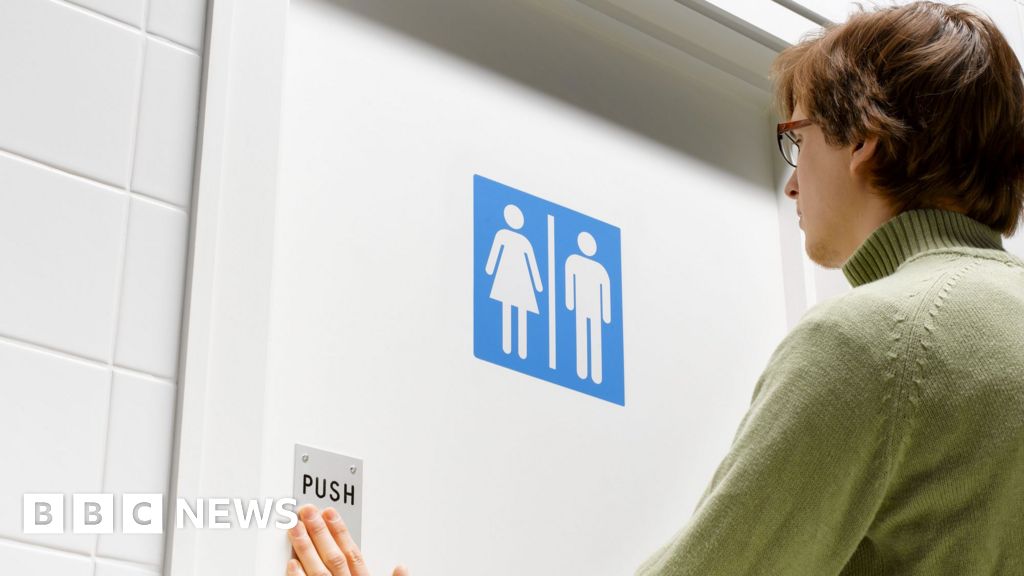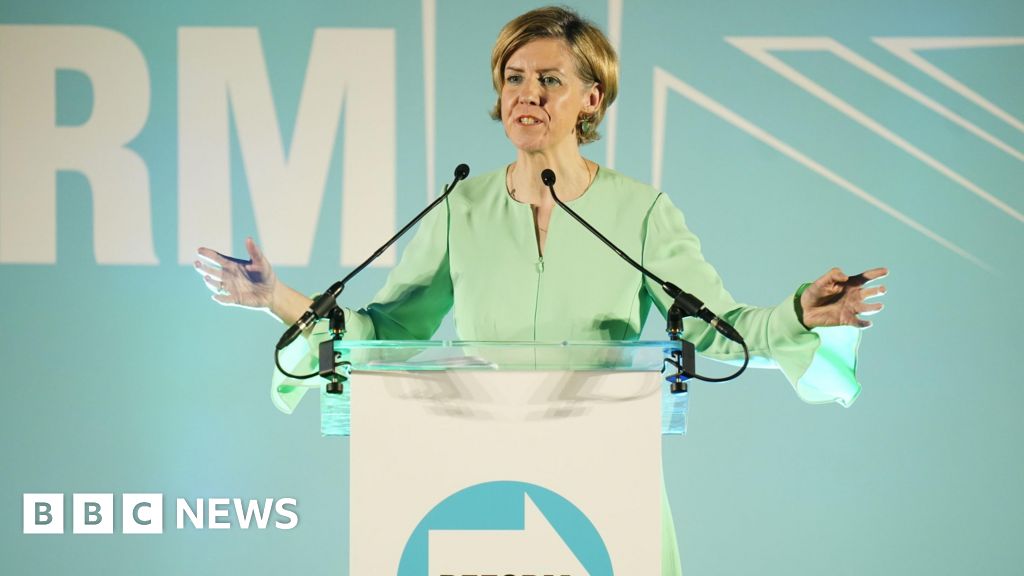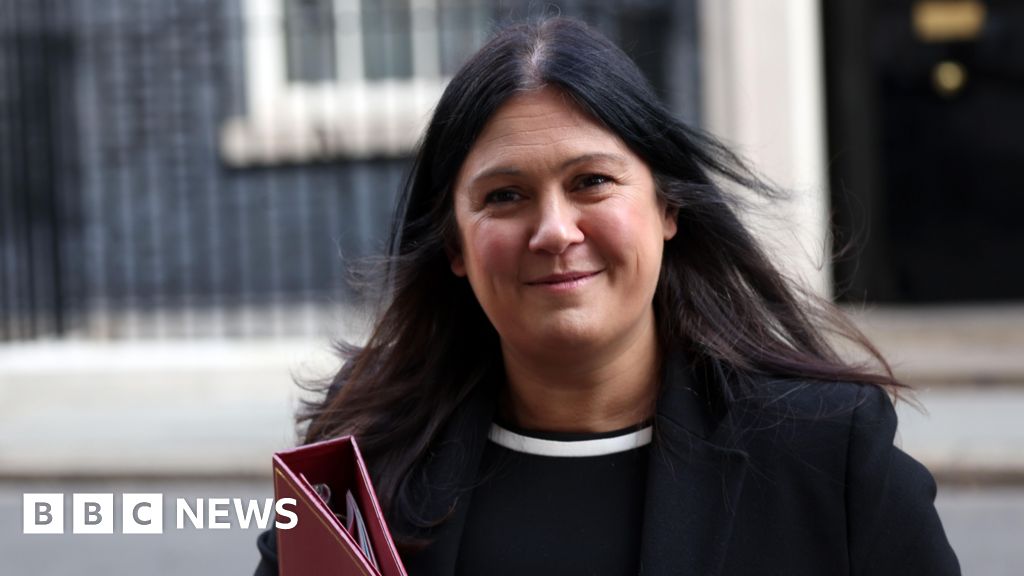ARTICLE AD BOX
By Iain Watson & Patrick Clahane
Political correspondent, BBC News
On Monday, MPs will see proposals from the Commons Standards Committee to change their code of conduct - including on the jobs they are allowed to do on top of their work in Parliament.
MPs voted last week to tighten up the guidelines on second jobs after weeks of damaging allegations about some MPs apparently working for commercial interests.
But there are concerns this move will do nothing to tackle another potential source of scandal.
"Whilst we welcome the renewed attention on MPs' second jobs and proposals to tighten the rules governing them, all-party parliamentary groups still provide a backdoor for lobbying," said Rose Whiffen, of campaign group Transparency International UK.
"APPGs can be used by both foreign governments and private companies to curry favour with those in high office, putting parliamentarians in a precarious situation where their public role may be at odds with their outside interests.
"In order to avoid the next big lobbying scandal, there should be much greater openness and accountability over how APPGs are run."
According to BBC research, an estimated £30.7m - as published on the APPG register - has been funnelled into the groups since 2017.
APPGs may sound official, but they are, in fact, informal groupings of MPs who share an interest in a particular topic.
Registered lobbying companies provide benefits in kind such as administrative support, staffing, events-booking and report-writing to more than 70 such groups, or one in 10 of the total number.
Chris Bryant, chairman of the Commons Standards Committee, which is looking at the MPs' code of conduct, has also launched an inquiry into the way APPGs are run. This will report in the new year.
Image source, Reuters
Image caption,On Monday, Chris Bryant will set out proposals for restrictions on MPs' second jobs
Tom Brake, the former deputy leader of the House of Commons, has asked the committee to ensure the maximum amount of transparency whenever MPs who sit on these groups are also paid by private companies.
A Liberal Democrat MP for two decades, Mr Brake was a member of a several APPGs himself when he was in Parliament.
He lost his seat in 2019 and now runs the campaign group Unlock Democracy.
He says: "There are a very large number of APPGs which operate in a way which is perfectly acceptable.
"But there really should not be a scenario where a member of Parliament is part of an APPG that is representing the interests of a particular sector, and who is at the same time receiving funds as an adviser to a company in that field of activity.
"I wrote to the Standards Committee very specifically to look at those areas of concern."
He believes the activities of some MPs - while not breaking existing rules - make the case that the rules themselves need to be reformed.
Former Welsh Secretary Alun Cairns became a senior adviser to Veezu Holdings - a taxi and technology company based in south Wales - in September of last year.
Image source, PA Media
Image caption,Alun Cairns resigned as the government's Welsh Secretary in December 2019
In the register of members' interests, the Tory MP said that he was paid £15,000 a year to provide "strategic advice".
The body signing off ex-ministers' business appointments, ACOBA, gave its approval.
But that approval came with conditions. In a letter to Mr Cairns, the body's chairman Lord Pickles says: "For two years, you should not become personally involved in lobbying the UK or Welsh government on behalf of Veezu Ltd."
And he adds a definition of what the lobbying restriction means. Mr Cairns "should not engage in communication with government (ministers, civil servants, including special advisers, and other relevant officials) - wherever it takes place - with a view to influencing a government decision, policy or contract".
In January this year, Mr Cairns became a vice chairman of the APPG on Taxis. Its stated purpose is: "To support and promote the interests of the taxi trade in Parliament".
The group's work programme for the year - seen by the BBC - suggests that the APPG's members "build upon the relationship with Baroness Vere" - a transport minister - and also pushes for primary legislation on taxi regulation. And it was agreed at the groups AGM to "continue pressuring government to provide urgent financial support for taxi drivers".
Mr Brake said: "It seems to me there is at the very least a case to answer about that member of parliament indulging in paid advocacy."
A spokesman for Mr Cairns rejected any suggestion of a conflict of interest. He said: "Explicit agreement was gained from the Parliamentary Registrar before accepting the nomination from the Labour Chair (of the Taxis APPG).
"In addition, caution is exercised not to contribute to any discussion that could be perceived to have a conflict of interest."
But Mr Brake believes for the public to have confidence in politics, no-one should be able to serve prominently on an APPG if they are also being paid by a company in the same sector.
He said: "The company paying the MP is undoubtedly expecting that the MP's actions will benefit them. I would argue that is why they are paying the MP. So the lobbying rules are failing."
Conservative MP Sir Bernard Jenkin, a leading member of the Standards Committee that will propose new APPG rules next year, said: "The principle is that the public should have the confidence that no-one is getting privileged access to, or influence over, MPs and ministers.
"There is a very strong role for APPGs on particular causes and for strengthening the links between the UK and other countries. We need to strike the right balance. Transparency is all."
Overseas interests
But what should the rules be when an MP isn't paid by a company, but is involved in running it?
Conservative MP Bill Wiggin was - from November 2017 until April this year - a member of the APPG on the Cayman Islands, which exists to "to maintain links with, and develop an understanding of, the Cayman Islands".
Since 2015, he has been a director of Emerging Asset Management (EAM) Ltd and since 2016 the business has been running two online investment services - or fund platforms - based in the Cayman Islands.
That could suggest that he had the ideal experience to serve on the APPG but critics say it could the perception of a conflict of interest.
Mr Wiggin was contacted for comment by the BBC but did not respond. However, he previously told his local newspaper, the Hereford Times, that the key issue was transparency.
Image source, Getty Images
Image caption,Bill Wiggin is a member of the APPG on the Cayman Islands
He said: "I fully disclose my earnings and my outside interests, and have done ever since I first began working for EAM", and he said that the company had no British clients.
The North Herefordshire MP has also extolled the conservation benefits of shooting wildlife, and has received benefits from an organisation involved in countryside sports.
Since 2011, the British Association for Shooting and Conservation has donated a day's shooting and an overnight stay multiple times for Mr Wiggin in country estates in Staffordshire and Derbyshire worth a total of £4,904.
Although Mr Wiggin has promoted legislation on shooting, this is within the rules as it was at least six months after a benefit had been received.
Duty of care
A blanket ban on MPs sitting on APPGs if they are paid by a company, or run a company, in the same sector isn't straightforward.
Take the case of the former children's minister Tim Loughton, who is on the APPG for Looked After Children and Care Leavers.
The Conservative MP has also declared that he earns £37,000 a year from the Outcomes First Group (OFG).
This operates schools and residential homes for children with behavioural, emotional, social, learning or physical needs, and it is an independent provider of foster care.
The APPG and the company's aims would be seen as laudable by many people and Mr Loughton has relevant ministerial experience.
But he would fall foul of the type of ban on APPG advocated by Mr Brake.
Tim Loughton is the Conservative MP for East Worthing and Shoreham
Tim Loughton told the BBC: "There has never been any conflict of interests in the work that I do otherwise I would not do it...
"My role with OFG is as Chair of the independent Safeguarding and Quality Board which scrutinises the work of OFG and holds them accountable for the safety, wellbeing and progress of the children in their care. That does not involve political consultancy."
And he said his APPG activity should be taken as a whole.
"I am (also) an officer of the APPG on Adoption. If those children are adopted they are no longer in care and OFG will not receive any revenue so in promoting adoption…it would not be helping OFG.
"Similarly the 1001 Days APPG is all about early intervention to keep children bonded with their birth families and out of the care system.
"So, yes, this is a conflict of interest - one that directly conflicts against the interests of OFG."
As is often the case in Parliament, it is easier to call for reform than deliver it.

 3 years ago
107
3 years ago
107








 English (US) ·
English (US) ·